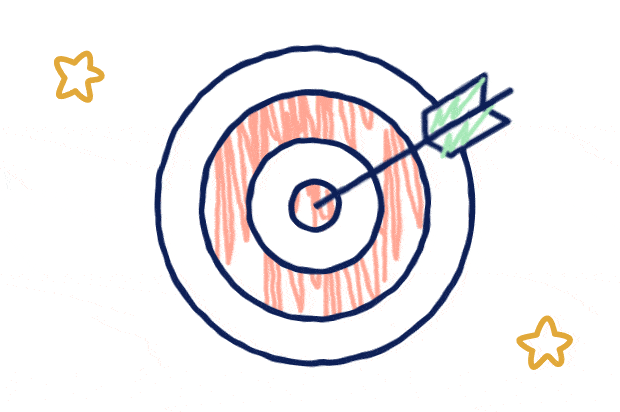YOUR PROGRESS
You're this close to completing the course.
Eager to start with crypto? Join Nexo – the trusted institution for digital assets to easily buy, earn, and exchange crypto.
Sign Up
Share:




